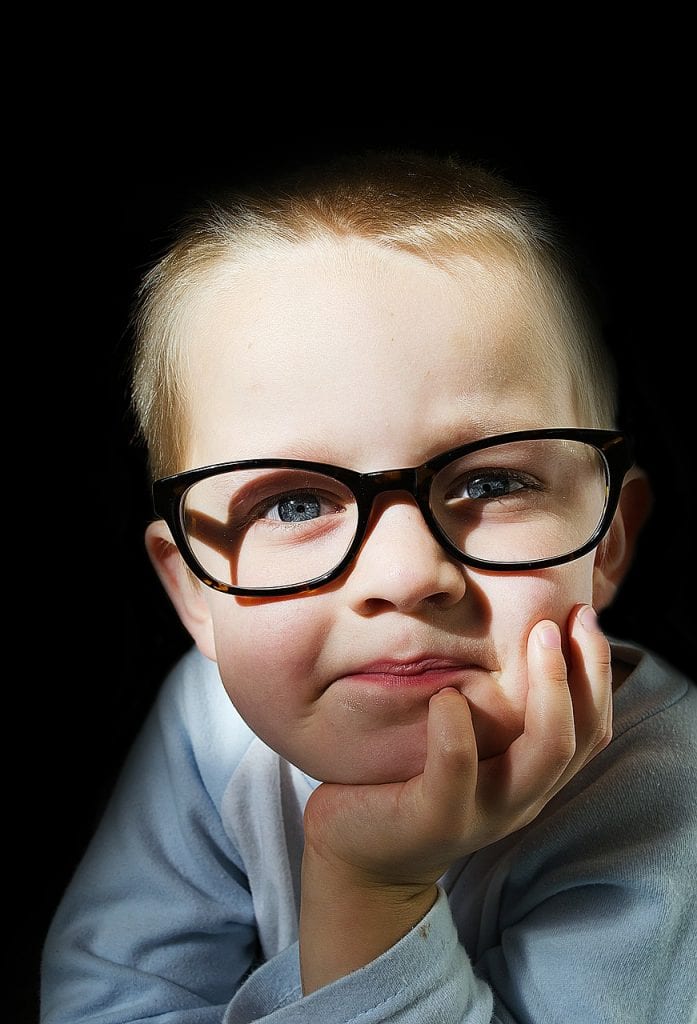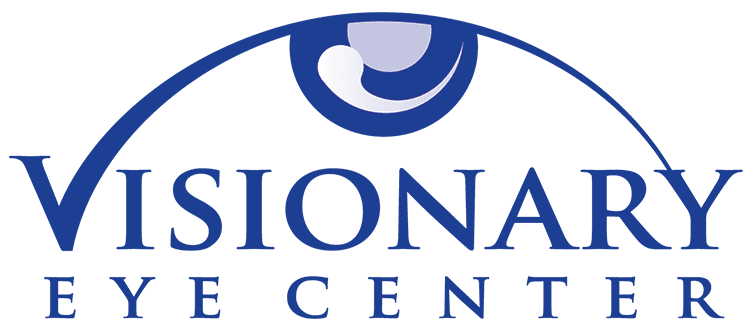SHOP DRY EYE CARE TODAY!
Use code VISIONARYEYE20 at checkout for 20% off!
Children and infants aren’t exempt from experiencing vision problems. Like adults, children can suffer from a variety of eye conditions including amblyopia, strabismus, and refractive errors such as nearsightedness and farsightedness. Genetic diseases such as glaucoma and cataracts may also affect children at a very young age. Thankfully, with regular vision checks, your child’s eyesight difficulties can be detected and treated early on. Start by learning the signs of vision problems in babies and children so you and your pediatrician can refer to an optometrist and rectify the situation before it gets out of control.

Eye exams should be done by your optometrist regularly. Unfortunately, pediatrician screenings aren’t designed to detect the subtle signs of early disease or vision problems. So, just like it is important to have your child see the dentist early, so too is it important to bring your child to an eye care professional at the following ages even if nothing seems wrong:
All children who wear glasses should have their vision checked yearly at their annual checkups. At these appointments, it will be determined how the vision problems are progressing and new glasses or contact lenses will be prescribed if necessary.

Vision problems may appear at any point in a child’s life. Many of the signs of vision problems in babies and children will be easy to spot, but some may go unnoticed if not closely monitored. If you notice any of the following signs or symptoms in your child, be sure to connect with your optometrist to see if further action should be taken:
Some vision problems may have no symptoms at all. Commonly, amblyopia (lazy eye) provides no obvious warning signs, which is why it’s so important to have your child’s eyes checked regularly. Tests can be done to determine if an eye condition is present or developing. Catching these signs early on is critical as it can help prevent your child from suffering chronic vision problems.
If you are concerned about your child’s eye health, or if you’re still wondering what are the warning signs of vision problems in babies and children, don’t hesitate to schedule them an appointment with an optometrist. Here at the Visionary Eye Center, we are equipped to offer pediatric eye care with the best options, treatment, and technology available.
We have developed techniques and technology specifically for children of all ages. When it comes to your child’s eye health, being proactive is essential. Feel free to contact us with any questions or concerns about your child’s vision, and don’t hesitate to schedule an appointment with us today! Visionary Eye Center is your home for custom vision solutions, and we take pride in offering top-tier care for each patient.
 775.587.3892info@visionaryeyecenter.com8175 South Virginia Street Suite B-900
775.587.3892info@visionaryeyecenter.com8175 South Virginia Street Suite B-900